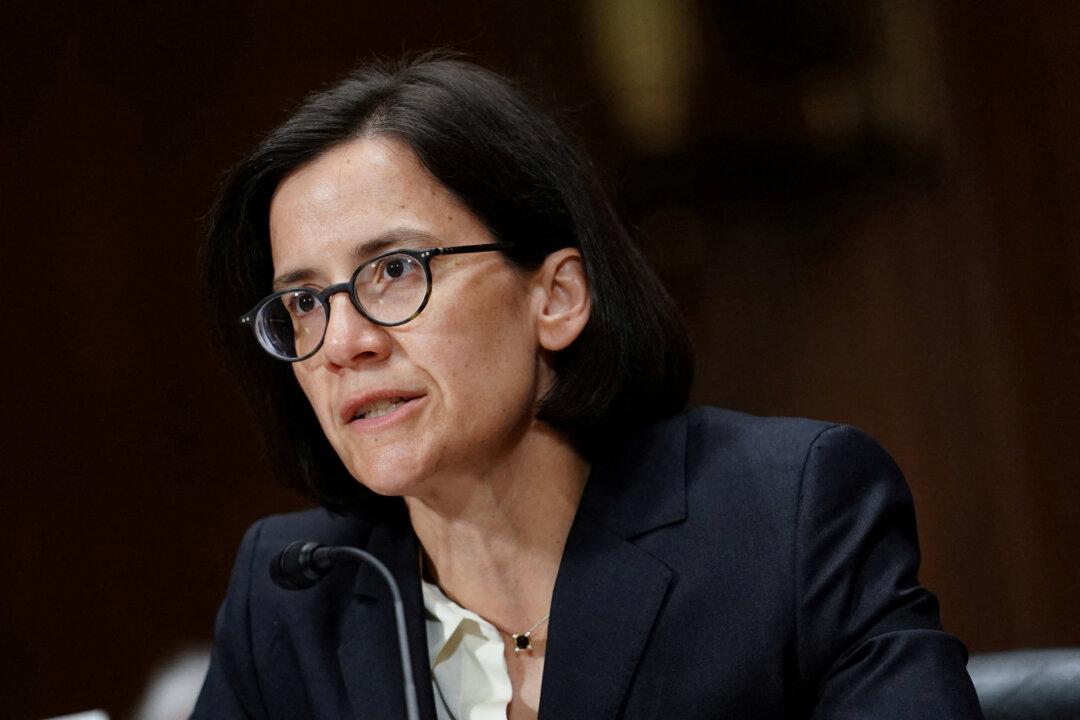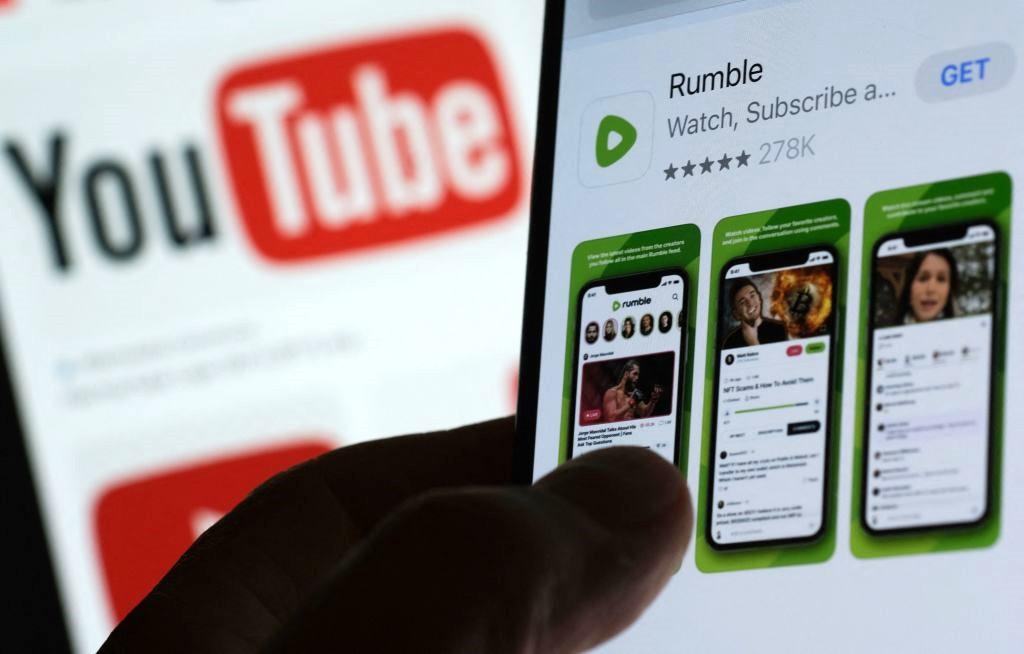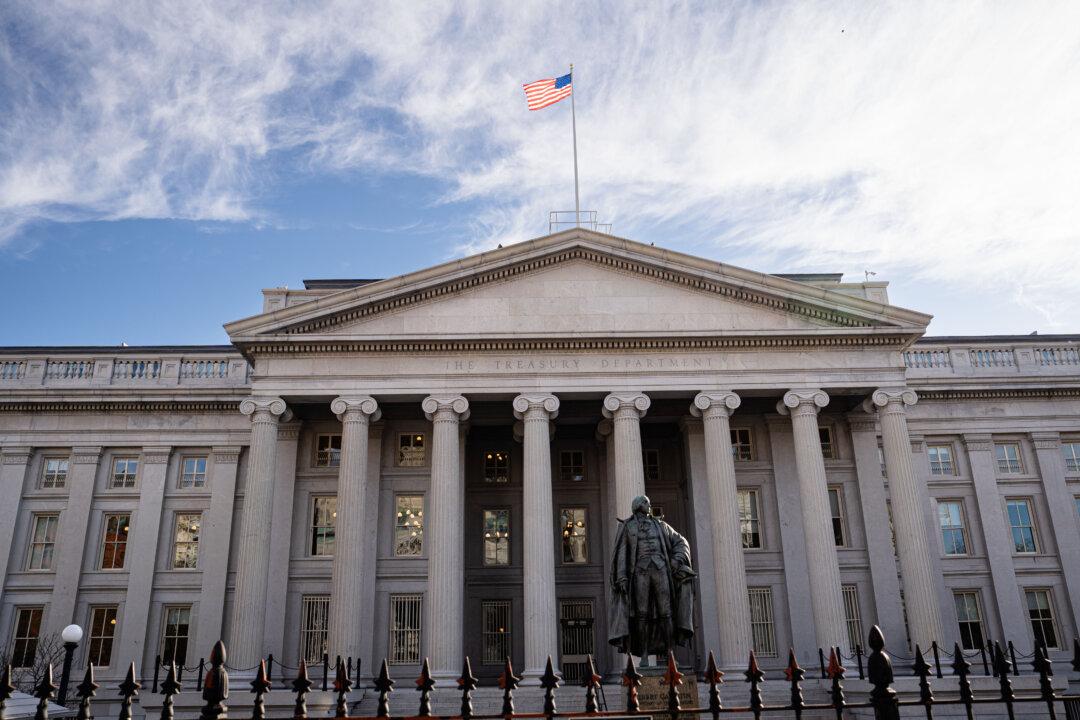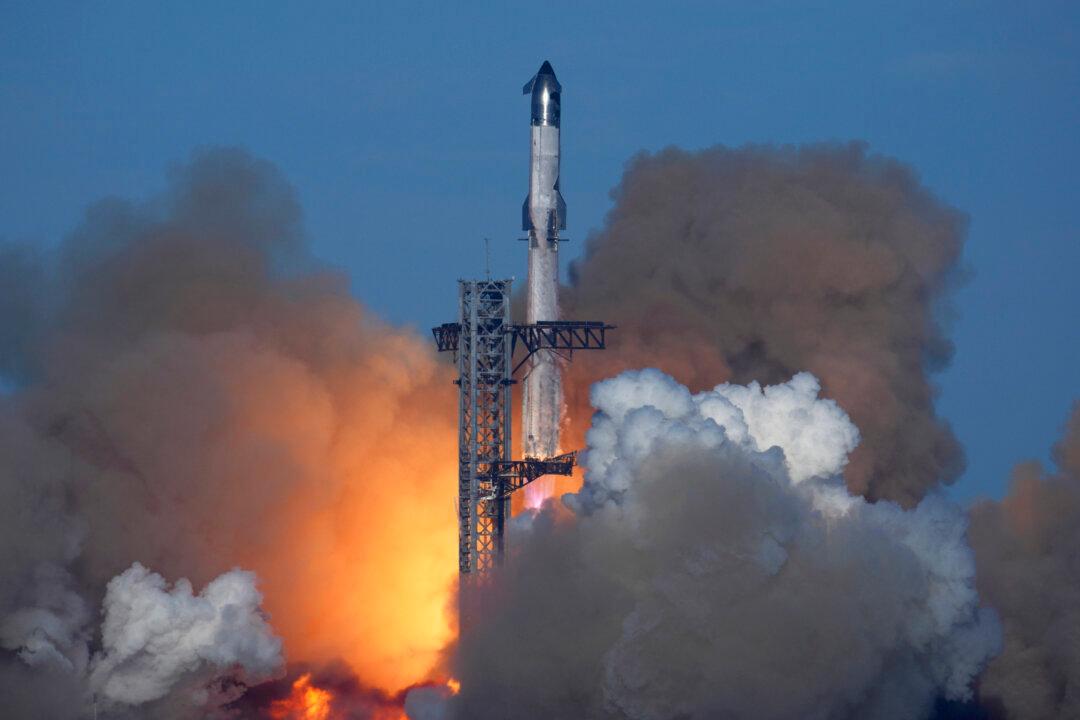Congressional leaders in the United States have invited Indian Prime Minister Narendra Modi to address a joint meeting when he visits Washington on June 22 as the U.S. works to strengthen ties with India.
“We look forward to paving the way for greater collaboration between our countries in the years to come,” the leaders stated.
The letter was signed by House Speaker Kevin McCarthy (R-Calif.), Senate Majority Leader Charles Schumer (D-N.Y.), Senate Republican leader Mitch McConnell (R-Ky.), and House Democratic leader Hakeem Jeffries (D-N.Y.).
“Your historic address to a joint meeting of Congress seven years ago left a lasting impact and greatly deepened the friendship between the United States and India,” they added.
This would be Modi’s second address to a joint session of the U.S. legislature, following his 2016 address, a rare honor for a leader once denied a visa to enter the United States over human rights concerns.
Modi was denied a visa during then-President George W. Bush’s administration in 2005 due to “severe violations of religious freedom” following the anti-Muslim riots that occurred in 2002 when he was the chief minister of Gujarat.
The two leaders will discuss ways to expand educational exchanges and people-to-people ties, as well as cooperation in addressing climate change, workforce development, and health security.
India Overtakes China
Modi’s upcoming visit comes amid an ongoing rivalry between the United States and China in the Indo-Pacific. India recently surpassed China as the world’s most populous country, indicating a potential shift in their global status.The Indian population rose to 1.428 billion, 3 million more than China’s 1.425 billion, according to data from the U.N. Population Fund’s (UNFPA) “State of World Population Report, 2023” on April 19.
India and China now account for more than one-third of the estimated global population of 8.045 billion people.
“India seems well on the road of becoming the ‘next China,’ with a golden decade of India gradually materializing. However, that era dawns only if no major war erupts, by accident or design, involving both Russia with its new quasi-ally China,” said Lehberger.
Lehberger said China, under the leadership of Xi Jinping, will remain undeterred or unimpressed by India and continue attempting to gradually occupy tracts of land on the Indian side of the Line of Actual Control (LAC).
Relations between India and China have been strained since the 2020 confrontation between their troops on a disputed Himalayan border, which left at least 20 Indian and four Chinese soldiers dead.





